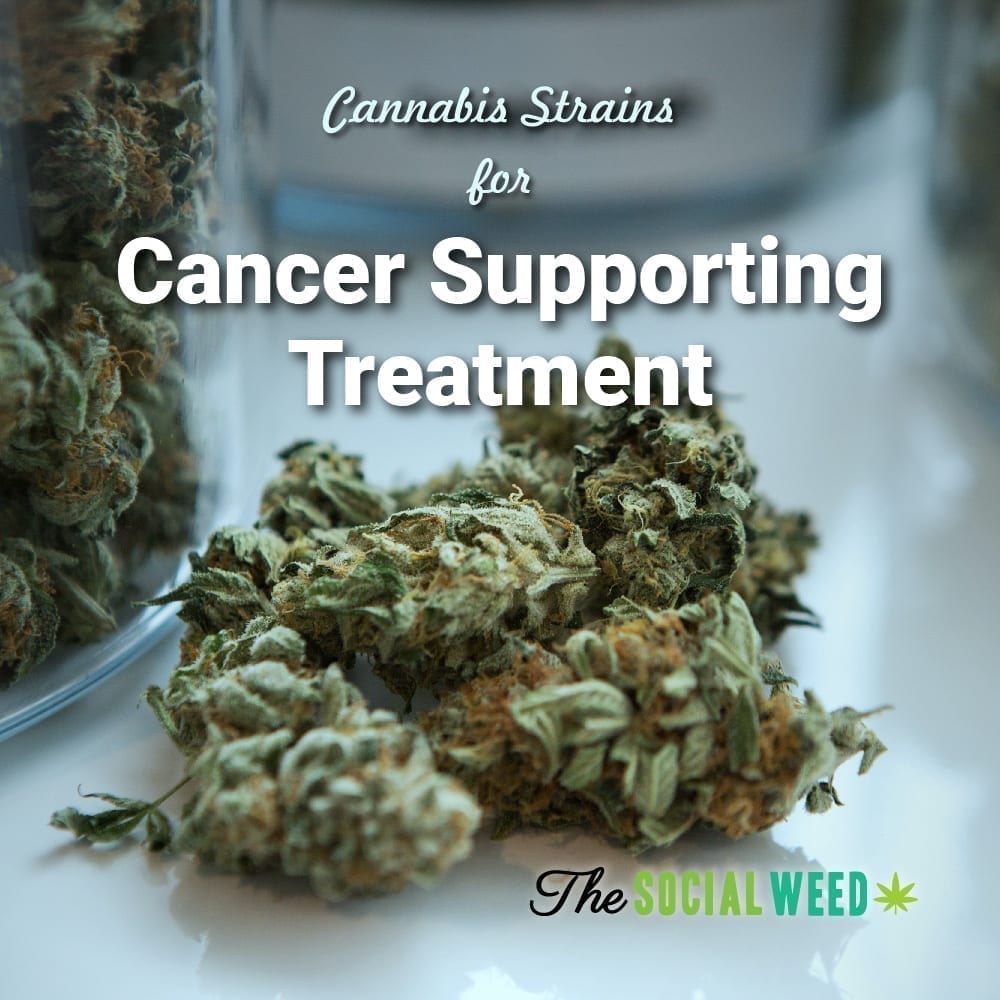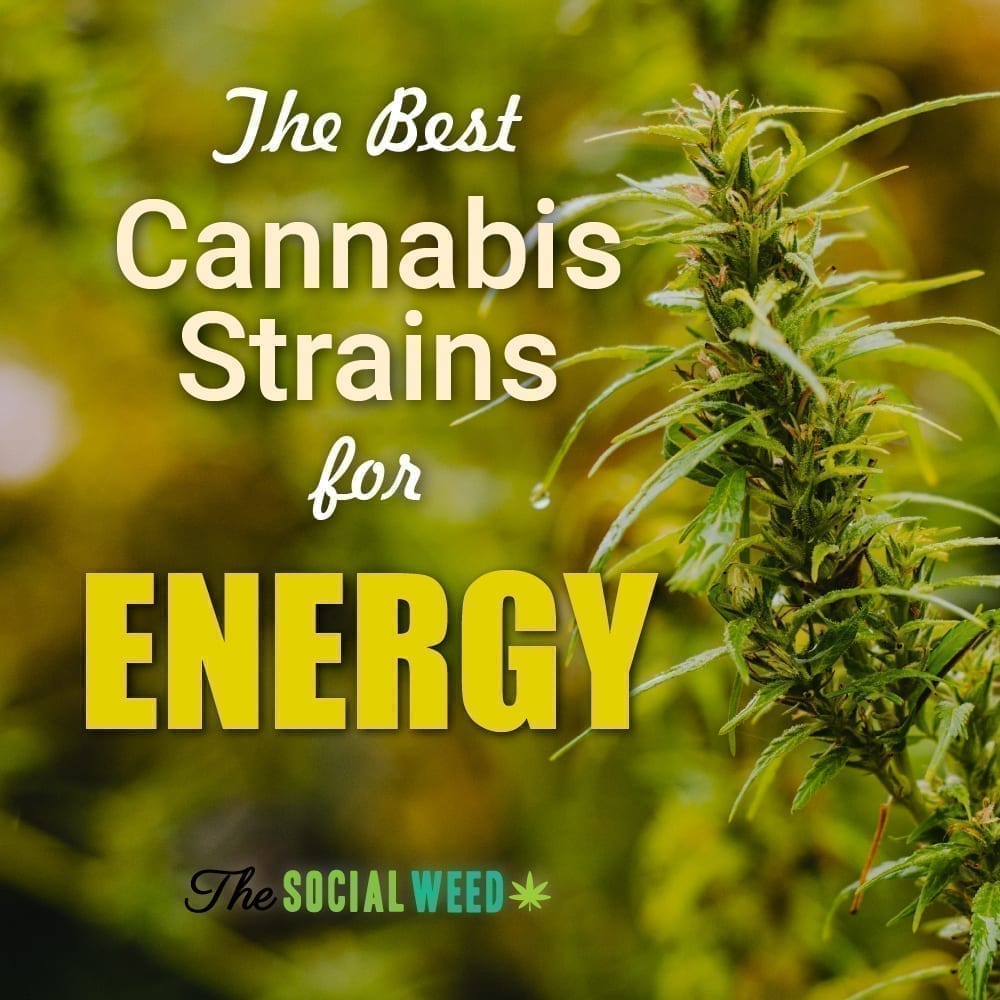
Cannabis has been the known cause for some pretty amazing things. From artwork to scriptwriting, it has influenced many artistic thoughts and creations. While some are not always in the most positive light, the plant can have some intense effects of the subconscious mind as well as the conscious one. Because of the psychoactive effects, many new users believe they will have vivid dreams that are reminiscent of Harold and Kumar. In reality, you are more likely to stop dreaming as much. It’s been long debated that cannabis can make you dream less, but why exactly?
Cannabis can give you some crazy day thoughts but what about at night? There’s no doubt that it can put you in bed faster. Why, however, does it not consistently affect your mind while sleeping the way it does when are you awake?
Much of it has to do to with your brain. When you are awake, your brain is as well, keeping activity and creativity moving. This state of activity doesn’t go away when you are sleep but, it does change. You may think that sleep is a relatively passive state of being at rest; it’s actually a very active state. This activity that occurs can be measured with different machines. The first being an Electroencephalogram (EEG) which measures specific electrical activity in parts of the brain. The second being a Electromyogram (EMG), which measures muscle movement. The last, an Electrooculogram (EOG), records eye movement. All of which are important in identifying REM sleep, which is when dreaming occurs.
When you are sleep, there are five different stages that effect brain activity and eventually led to the dream state or REM sleep.
Stages 1 – 4 are the transitioning stages of being awake and falling into deep sleep. Stage 1 is when you are dozing off but, still slightly awake. Stage 2 is still a transiting stage of light sleep. Though deeper than the first, if woken up, many don’t recall even being sleep at this stage. Stages 3-4 are considered delta stages of sleep, where brain activity is amplified. Like the first 2 stages, the last ones are not vastly different. They both signal physical and mental restoration while you slip into deep sleep. It’s also not as easy to wake up from these stages.
These stages are all NREM. They are not considered REM sleep levels but, dreaming is possible here. If dreaming does occur, they’re very rare and typically hard to remember after waking.
REM sleep is where the truly vivid dreams occur as well as long-term cognition. This can also attribute to the idea that long-time consumers have bad memory. Standing for Rapid Eye Movement, the brain is active but the body is nearly paralyzed in this state. A person can actually go through all the different stages of sleep multiple times over the course of the night, always landing back at this one.
How does cannabis change this though?
Cannabis is great for insomnia because it quickly slips the body and mind into the deep sleep stages. For some reason, THC increases this specific state of sleep while decreasing the dream stage, REM sleep. For this reason, long-time consumers tend to dream less than the average person. In addition, be aware that the ability to dream doesn’t go away with long-term consumption. Halting consumption can cause ‘REM rebound’ where one can be flooded with dreams, as the body and mind believe you need to catch up on what has been lost.
Daily users out there may actually get the ability to dream more if they cut back on cannabis.
Lack of REM sleep is a not bad thing at all, however. There is no negative effect to a lack of being in the dream state on a regular basis. Not experiencing the other stages of sleep, on the other hand, are detrimental to one’s’ health.
In actuality, there are benefits to not falling into REM sleep. Those suffering from intense anxiety and PTSD can decrease nightmares this way. Struggling with emotional trauma can fade into your subconscious mind while sleeping, causing you to have vivid night terrors. Use heavy Indica strains or introduce CBD into some of your favorite items to amplify your level of deep sleep state while decreasing your dream state. You may not have any unicorns and dancing candy in your dreams but, the medical benefits are an easy hand off.
For recreational users, a break might be beneficial to get those night adventures going again. Tolerance breaks, though bleak, have their many advantages; this is just one more to add to the list. For medical users, research has not explored all the sleeping benefits of cannabis. With understanding of terpenes and cannabinoids, try playing with fierent Indica strains. See which works best for your personal medicinal concerns and keep a notebook. Though cannabis is not new to any of us, the industry and research is. Share our favorite plant and what it can do for you by educating yourself first.





